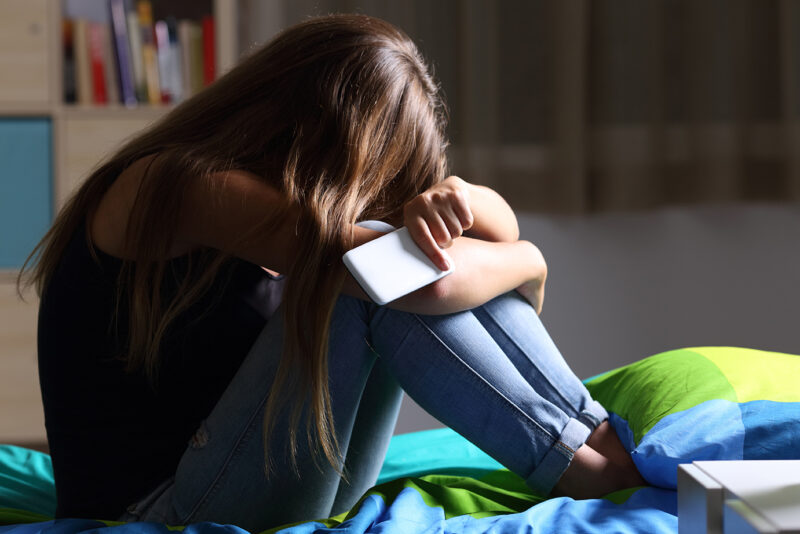Loss of Privacy and The Risks of Sharing Explicit Images

The number one reason kids report choosing not to share explicit images after considering it is concern about the photos being shared or leaked (29% in a 2019 study). By contrast, only 3% said sharing being illegal was the reason they decided not to. It’s important for parents and kids to know about the risks associated with sharing explicit images, and it can motivate kids to practice safer online behavior.
Public and Permanent
Many kids have some sense of the privacy risks online, but studies show that they take false comfort in apps that provide features for anonymity or automated deletion. Snapchat, for example, allows senders to limit the length and number of times an image can be viewed, and notifies them if recipients take a screen shot. What many users don’t realize is that there are many ways to work around these limitations, from simply recording one screen using a second device, to using screen recording software to capture everything the recipient looks at without the sender ever knowing. Kids and adults alike need to understand that anything that is sent online has the potential to be both public and permanent, even if the recipient never intends to share it.
Doxing and Revenge Porn
There are instances where image sharing goes even further, and explicit images are posted online along with identifying information such as name, town, or even address and phone number. This is often known as “doxing” or revenge porn. These are crimes for which law enforcement should be notified and involved, even though they will not be able to fully retrieve any image once it has been shared online. Those who collect this kind of material catalogue and host it in servers around the world, beyond the jurisdictions of any one legal agency. In some instances, perpetrators use the threat of doxing to extort more images or money, which is another reason why parents need to make kids comfortable to bring problems to them as early as possible.
The humiliation and shame that often results from being exposed in this way can feel overwhelming to kids and their families. If your child has shared images of themselves and/or had someone distribute them, it is important to take calm, supportive action to fully understand the scope of the problem and determine best next steps.